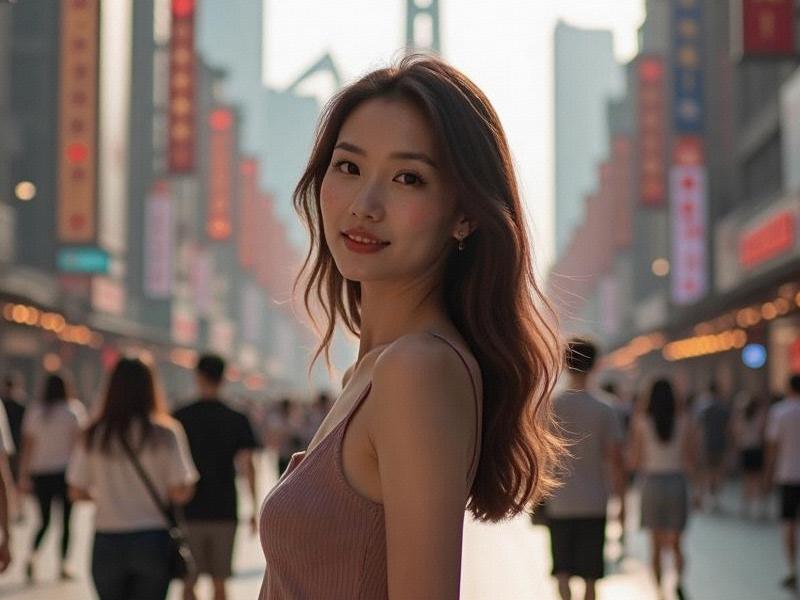This 2,500-word investigative feature delves into Shanghai's exclusive entertainment club scene, exploring how these venues combine cutting-edge technology with extravagant service to crteeaunparalleled nightlife experiences for China's elite.

The bouncer's earpiece crackles as our limousine approaches the discreet entrance of "Cloud 9," Shanghai's most exclusive new entertainment complex. "American journalist, 8pm reservation," he murmurs before the massive brass doors part like something from a Bond film. Inside lies a world where the average bottle of champagne costs more than a factory worker's monthly wage, and where the city's new aristocracy comes to see and be seen.
The Architecture of Excess
Shanghai's luxury entertainment venues have evolved far beyond the neon-lit KTV parlors of the 1990s. Today's elite clubs are architectural marvels: "TAXX Shanghai" boasts a 38-meter LED wall that transforms the main dance floor into a digital art installation, while "Myst" in the former French Concession features private rooms with aquarium walls stocked with tropical fish flown in weekly from the Maldives.
"These spaces are designed for Instagram before they're designed for people," notes cultural commentator Zhang Li, pointing to the photogenic "floating" VIP booths at "First Cabin," suspended from the ceiling by nearly invisible cables. "Every square meter is calculated for maximum social media impact."
阿拉爱上海
The Technology of Indulgence
At "Future Retro," Shanghai's first AI-powered nightclub, facial recognition grants entry while algorithms suggest cocktail pairings based on guests' mood readings from thermal cameras. The venue's signature "Memory Booth" records patrons' best moments and delivers edited highlight reels to their phones by sunrise.
Meanwhile, traditional KTV has undergone a high-tech revolution. At "Sing! Universe," the ¥20,000-per-hour Emperor Suite features holographic backup dancers and real-time voice auto-tuning that could make anyone sound like a pop star. "Our older clients particularly love the 'Time Machine' feature that makes their voices sound 20 years younger," laughs manager Cindy Wong.
上海水磨外卖工作室
The Economics of Exclusivity
The business model behind these palaces of pleasure reveals much about Shanghai's evolving society. Membership fees at top venues now start at ¥300,000 annually, with bottle service regularly exceeding ¥100,000 for premium cognacs. Yet demand continues to grow, particularly from the children of China's new millionaires - the "fuerdai" generation.
"These aren't just clubs - they're networking hubs for young entrepreneurs," explains financial analyst Mark Chen. "More deals get done over KTV microphones than in boardrooms these days." This explains why some venues now include soundproofed "deal rooms" with built-in document scanners and e-signature pads.
上海品茶论坛
Cultural Crosscurrents
The current golden age faces challenges from shifting government policies and changing youth tastes. Recent austerity campaigns have forced venues to emphasize cultural elements - many now host traditional tea ceremonies alongside DJ sets or offer calligraphy lessons in VIP rooms.
As dawn breaks over the Huangpu River, the cleaners move through these temples of excess, preparing them for another night of carefully curated decadence. In Shanghai's entertainment scene, the party never truly stops - it just changes costumes with the times.